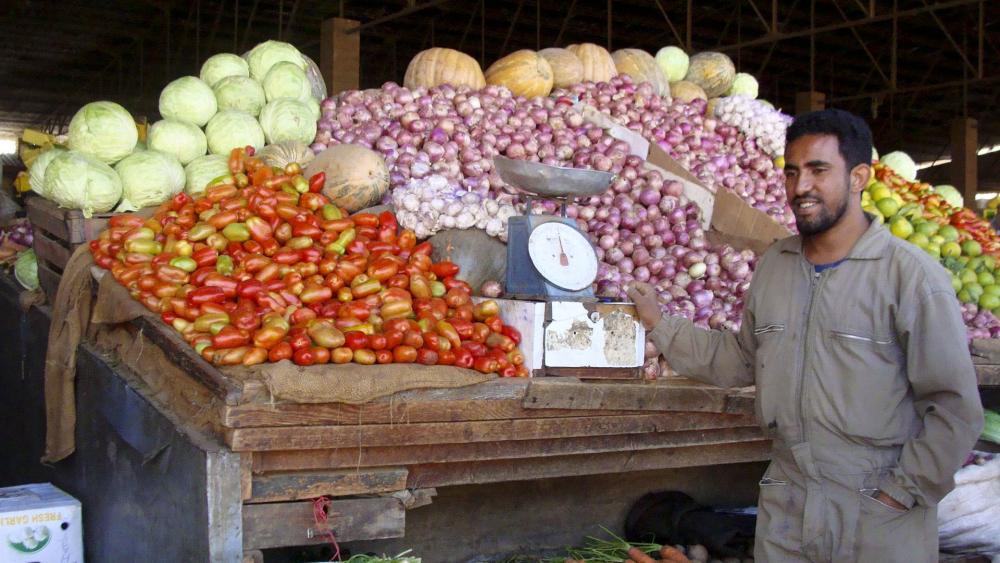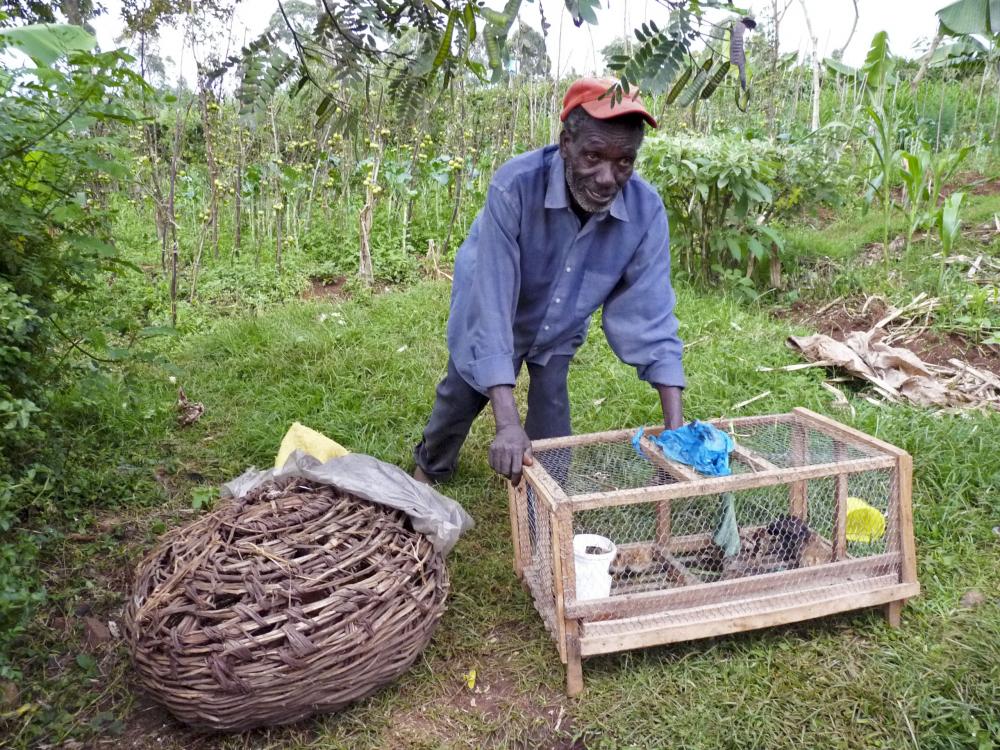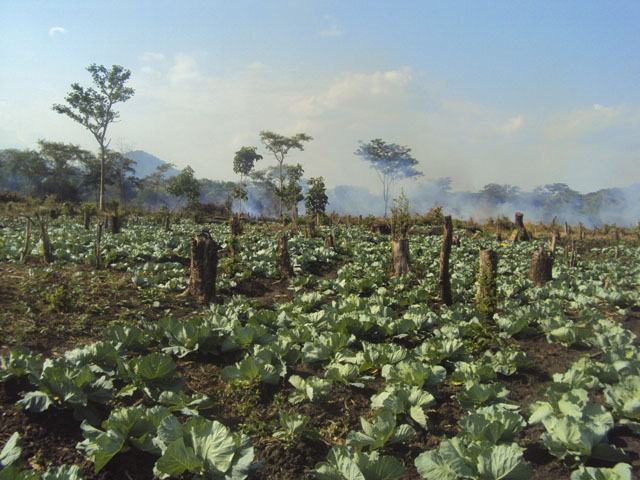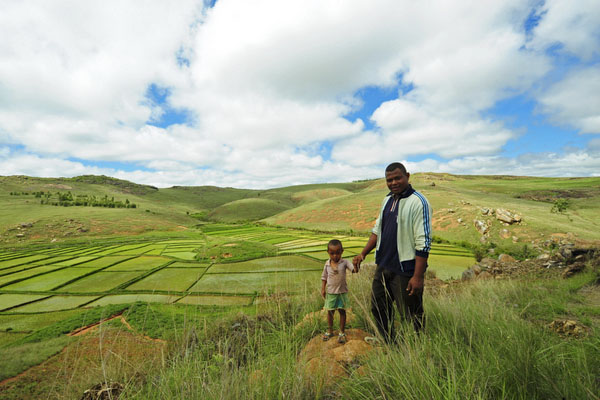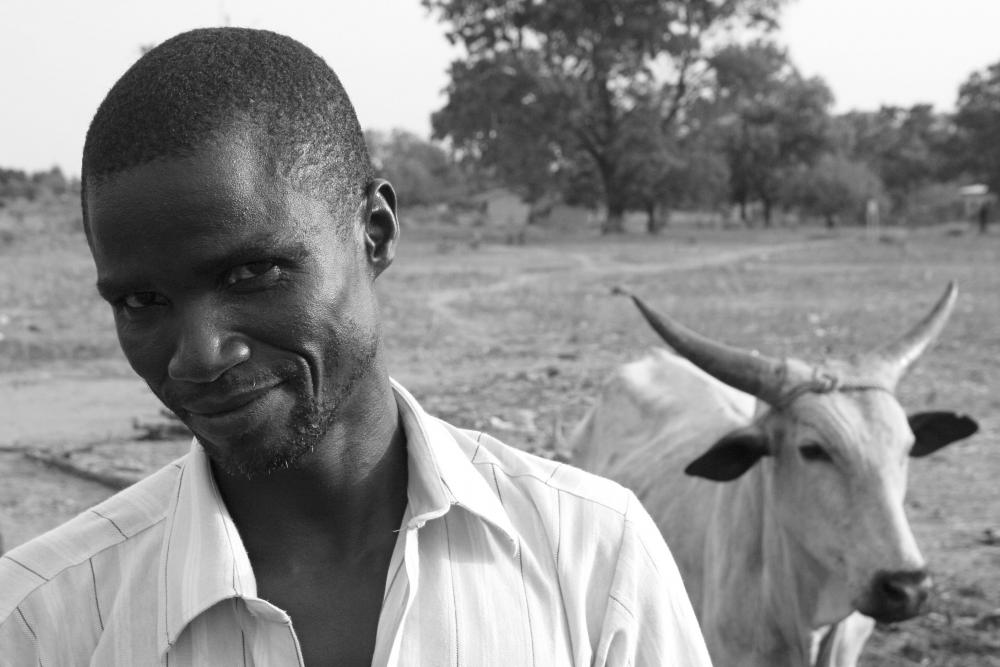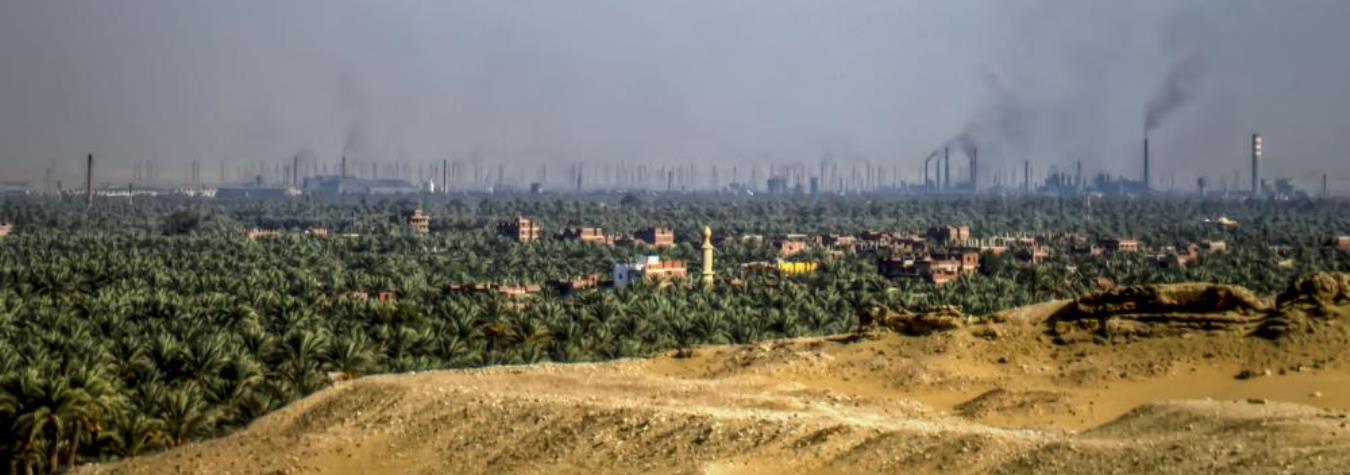
Winners: Agriculture, 13-17 years old
1st Place in the 13-17 age category
How Expensive Tomatoes Are - Awet Haile, Feruz Semere, Sarah Kiflemariam class IV D Eritrea
In Eritrea, in the last years, an increase of the prize of the products occurred. Its reason lies down on the late arrival of the rain season. An emblematic consequence is the abrupt rise of the cost of tomatoes, which do not absorbe the water directely from the rainfall, instead they soak the water of the dams distributed through canals and tubes of water. Usually the rain announces its arrival in June with drops in the morning that give hope of an intense rainfall. Water starts to fill up the wells in the next two months. The golden weather bids “farewell”and leaves on the beginning of the school season which is September. In the past years, the rainfall was abundant. Our grandparents said that in the 1st half of the 1900 it rained heavily after the sowing season in May(it rained in June, July, August) without any interruption. The present amount of rainfall compared with the past one, results very scarce. That is why many people sleep ‘in an empty stomach’or cook shiro(a traditional dish) without tomatoes which are too expensive. We wish to regain the golden age in which the rain was abundant. Rain was, is,and will be forever the source of our happiness, joy and delight.
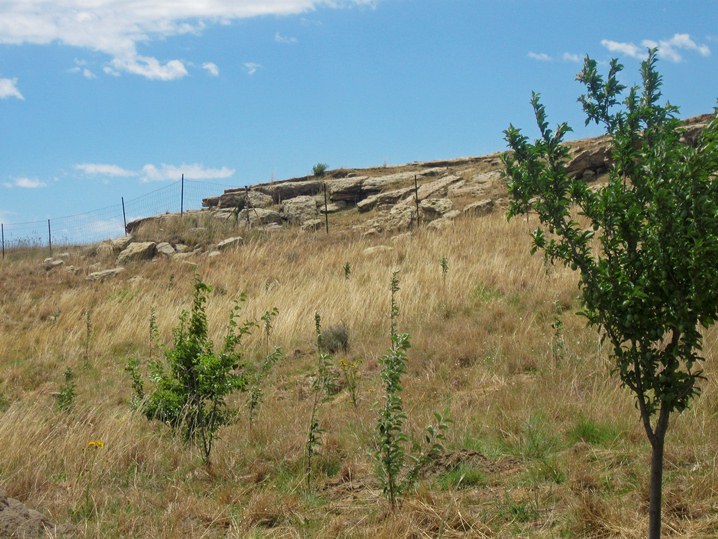
2nd place in the 13-17 age category
Cooling the Earth - Mants'ase Children's Home - Keneuoe Panyane – Lesotho Fruit trees we have planted which will take carbon dioxide out of the air so cooling the earth.
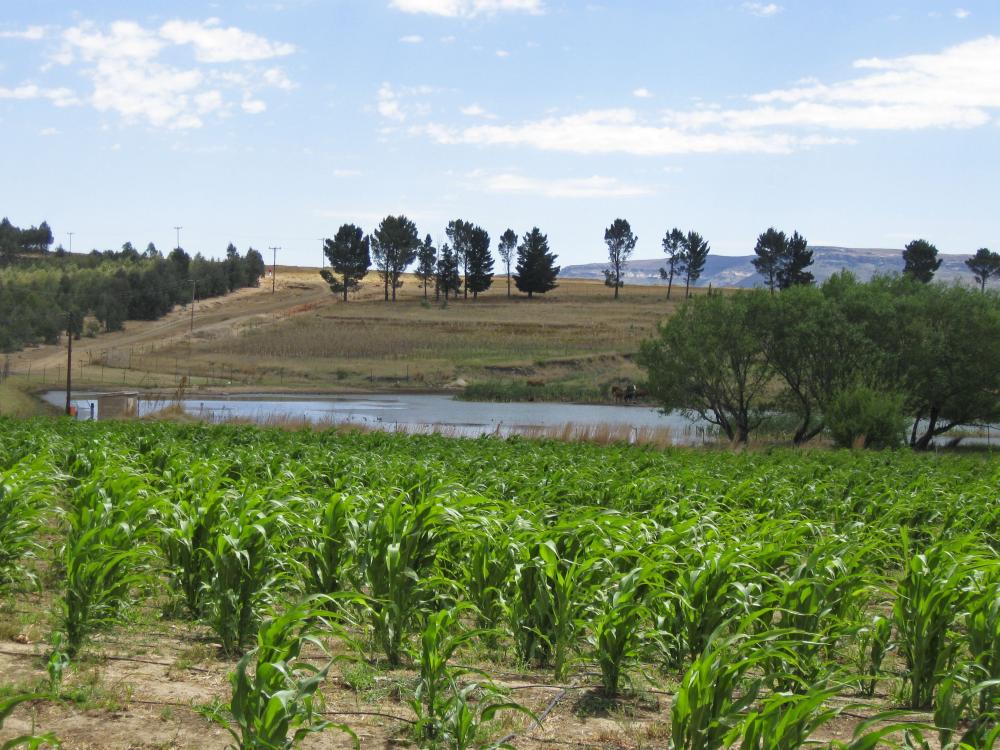
3rd place in the 13-17 age category
Growing Our Own Food - Mants'ase Children's Home - Lireko Potsane – Lesotho
Growing our own food means no carbon is put into the atmosphere transporting the food to us.
Winners: Agriculture, 18-24 years old
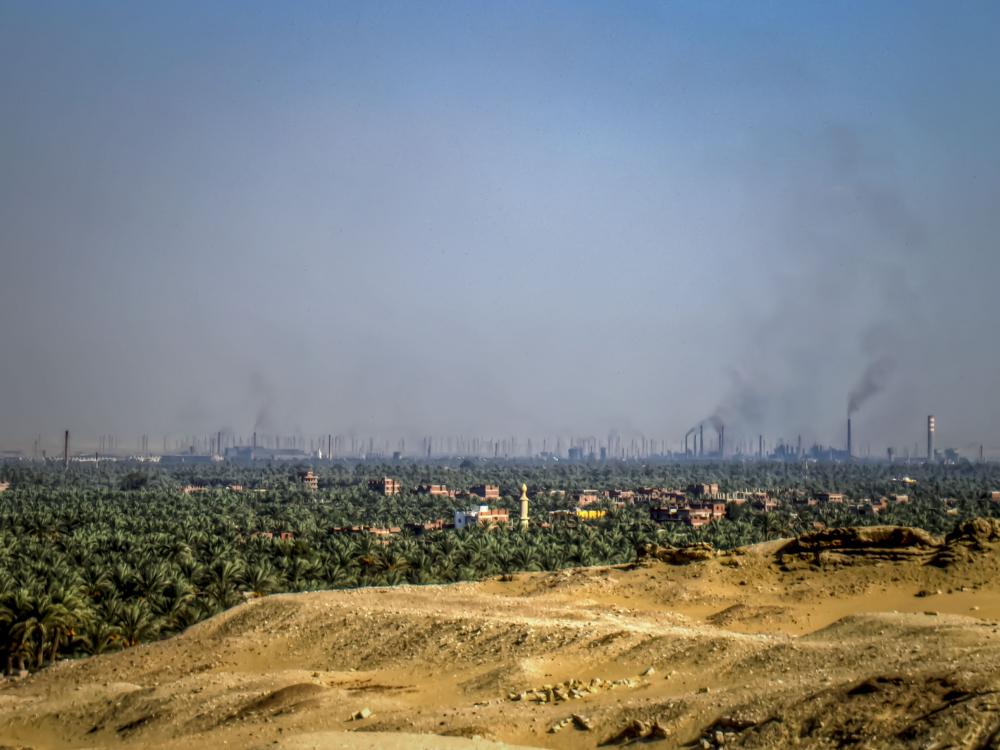
1st place in the 18-24 age category
Fertility Countdown - Mohamed Samad – Egypt - This relatively remote piece of Egyptian fertile land used for agriculture is threatened by Air pollution, urbanization and desertification as a result of climate change
2nd place in the 18-24 age category
One Hen Campaign Project - James Makini – Kenya -
A photo I took from the field where we train farmers on agribusiness, environmental conservation,entrepreneurship and value chain analysis from a practical perspective, whereby each member is given a hen and a cage as a loan (One Hen Campaign Project) and after 6 months they surrender 2 chicks (once) to the programme for onward lending to other groups and sustainability of the programme.
*Watch this video from 2nd place winner James Makini explaining the importance of his photo
[video:https://www.youtube.com/watch?v=X6cN_1fTlno]
On Environmental conservation, IEP has come up with a very innovative way of training the youth and women to desist from using traditional cages that consume a lot of trees and instead use a modern cage covered with a wire mesh hence saving trees. From the hens droppings we train youth and women how to make composite manure which is organic and helps them conserve the soil that has been depleted by use of chemical fertilizers.
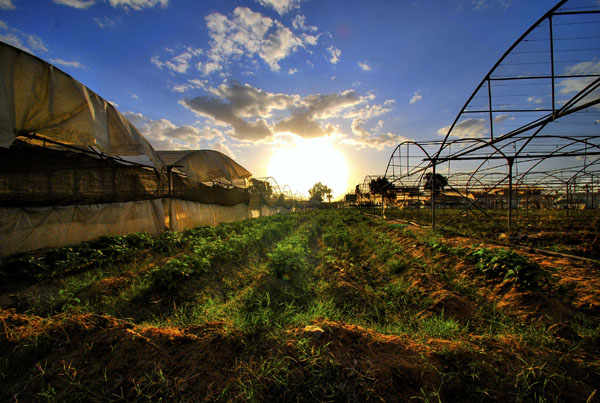
3rd place in the 18-24 age category
The Golden Island - Andrew A. Shenouda – Egypt
Gezieret el Dahab or The Golden Island is an agricultural area located near downtown Cairo. Although it's isolated to some extend from Cairo Noise, it was threatened one day to swept and change to a business district.
